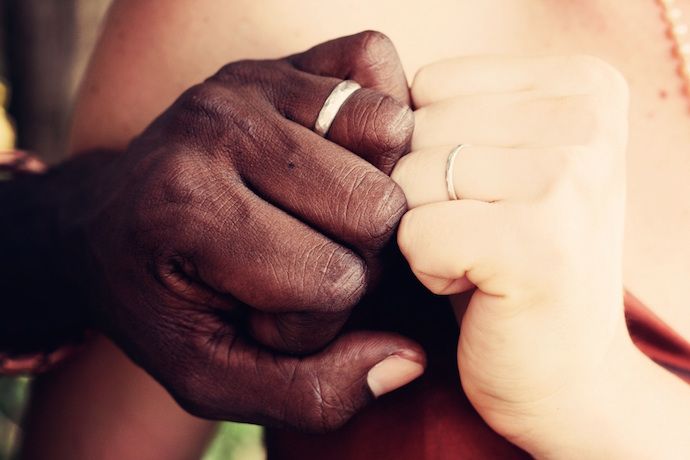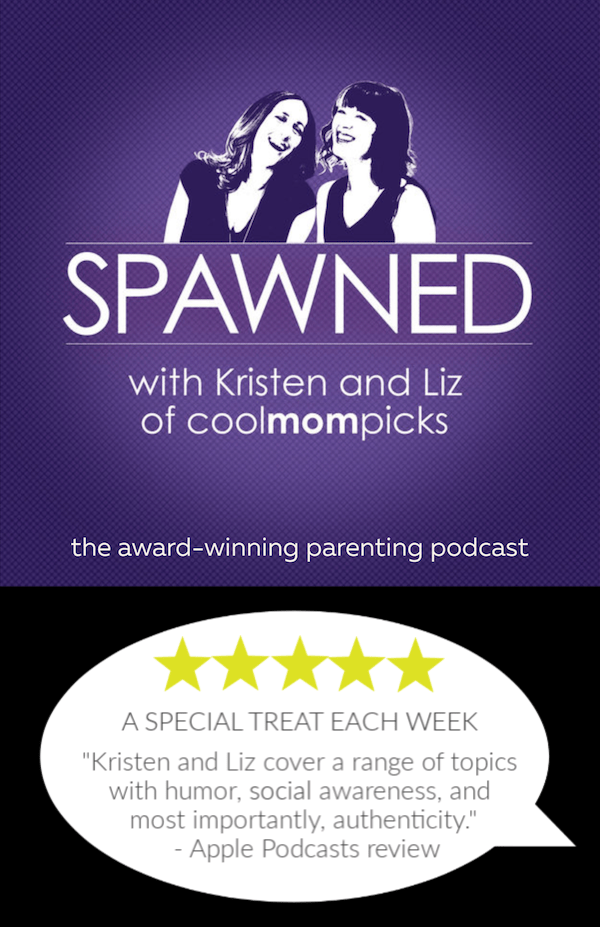This week, a new study was published in the journal Cancer, indicating that married people have a “marked survival advantage” when it comes to cancer. And this here single mom sat up and took note. (If, admittedly, a little defensively at first.)
As reported by HealthDayNews on the nih.gov site, researchers from the non-profit Cancer Prevention Institute of California looked at more than 800,000 adults in California diagnosed with invasive cancer over 10 years and the results indicated:
-Married men had a 27% higher cancer survival rate than single men
-Married women had a 19% higher cancer survival rate than single women.
Wow.
This also correlates with similar results from a much-discussed 2013 study from the American Society of Clinical Oncology.
Now before single readers go running off to eharmony in search of an insta-mate, it seems there is one hugely important aspect of the study to be aware of: Association is not the same as causation.
There’s no clear sign that being married causes better cancer prognosis — just that there is a notable correlation. And that correlation has more to do with the “emotional bonds of matrimony.”
In other words, having a devoted caregiver is likely to be an essential ingredient of successful cancer treatment; not that you’ve walked down the aisle in a poofy white dress after paying a 400% markup on flowers.
The more I look at it, the idea that love and close relationships can make a tangible difference in treating diseases is actually phenomenal news, whatever your marital status.
It means that it’s possible that committed relationships of all kinds — romantic and otherwise — may also confer the same medical benefits. It also gives credence to the necessity of honoring same-sex marriage, as well as to honoring the commitment of couples who have chosen less traditional paths.
It also means you probably won’t experience these same benefits if you’re in a crappy marriage with a partner who offers little emotional support. (So maybe this will compel some couples to rethink an unhappy situation, as well.)
Because what’s really important, according to the study, is having someone you love to drive you to doctor’s appointments, providing meals, making sure you take your medicine, and overall guiding you through the stresses of an incredibly challenging treatment.
And of course, listening to you.

One more profound impact this study could have:
If, according to the researchers, psychosocial resources “may be as important as other factors in helping to improve cancer survival” then that could really change how we approach cancer research. Perhaps some of the billions we allocate toward research each year become dedicated to more social support; meaning we may end up with a tremendously cost-effective way to improve rates of survival.
It also means we should all really think more about how essential it is to support those loved ones of cancer patients and provide them with what they need, too.
Love, it seems, is the missing link.
For more info about the correlation between marriage and cancer survival rates, see the full story about the study led by Scarlett Lin Gomez Ph.D., M.P.H, of CPIC and Stanford on the National Institute of Health website.
You can also visit the Cancer Prevention Institute of California website to get more information about their work, subscribe to their newsletters, or make a tax-deductible donation in support. And if have a loved one going through treatment, visit the American Cancer Society for a list of support programs near you.
[photo credits: scott web, desiree fawn via unsplash]




